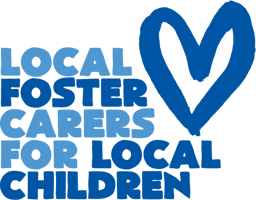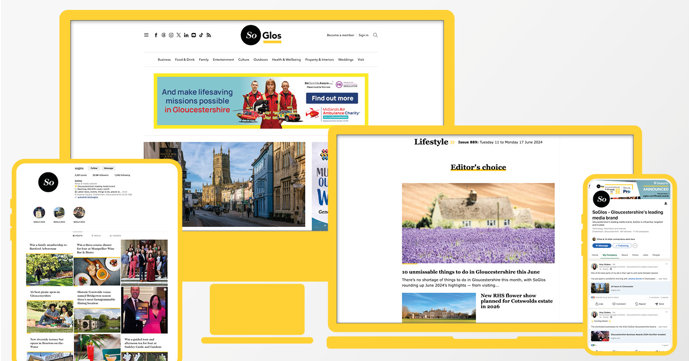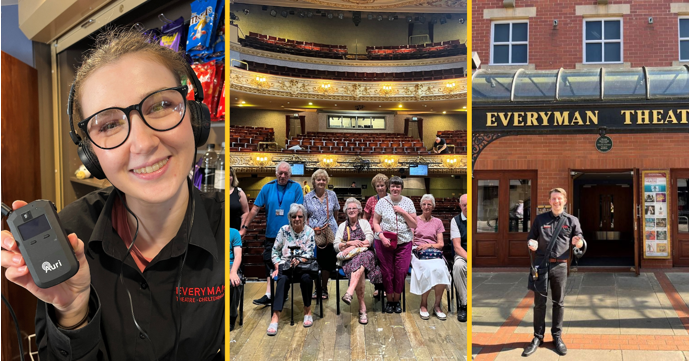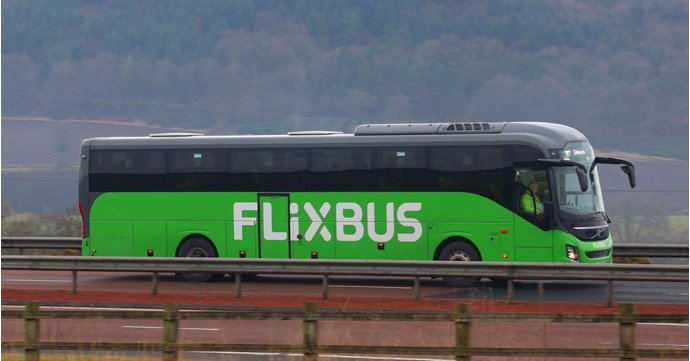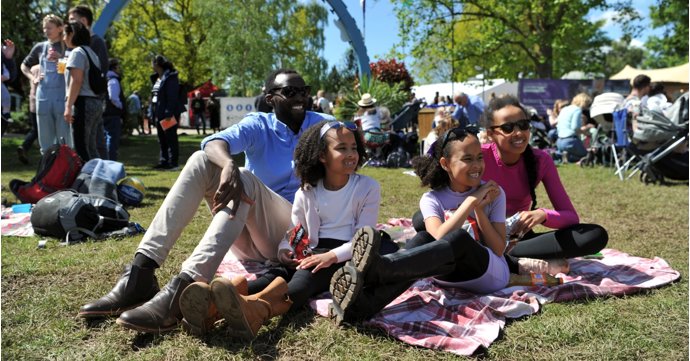Many individuals or couples who could make great foster carers are occasionally put off by myths and pre-conceived ideas about eligibility.
With some 760 children currently in care across the county, find out if you can play a key role helping create positive change for children and young people in the Gloucestershire community, with SoGlos busting 14 common myths about who can foster.
If you already have a family
As long as your own children are at least a year old by the time you start fostering, you can absolutely foster; and your experience of parenting will be an advantage.
If you do have children, the decision to foster will need to be a collective choice, as fostering has an impact on the whole family — although, many families find their birth children benefit greatly from the experience. GCC has a dedicated session on the Skills to Foster training course for birth children, to help them prepare for the changes that fostering will inevitably bring. There is also an exclusive group for birth children, so they can share their experiences and have fun with each other.
If you're a single parent
GCC actively encourage applications from single people whether they have children of their own or not.
Single parents often have the skills and abilities that many children need but the team will provide you with all the training you need.
If you're retired
If you're retired, there's no need to worry — while you must be at least 21 to foster, there is no upper age limit for carers, with GCC having people successfully fostering in their seventies and beyond.
As long as you're healthy, fit and active, you will be able you to enjoy the challenges of fostering.
If you work full-time
It is possible to work alongside fostering, but depending on the age of the children you foster, you’ll likely need to be available to take them to school and to be there when they return home and in the school holidays, just as you would for your own children.
If you foster as a couple, sometimes one person will work, while the other is the primary foster carer.
Regardless of qualifications
The council is looking for people who are patient, flexible, understanding and keen to learn. While you don't need any specific qualifications, you must be able to support a child and have a genuine interest in helping children.
Plus, GCC provides a range of learning, development and training opportunities for all carers.
Regardless of your religious beliefs
You can foster regardless of your religion or ethnicity and the fostering team will always endeavour to place children with foster families that meet their religious and cultural needs.
Please note, it is essential that you are able to work with the plan for the child, regardless of your beliefs.
If English isn't your first language
There are children and young people in foster care who do not have English as their first language and so being placed in a family where English is not the first language can be beneficial to them.
It is important for you to have a good level of spoken and written English to be able to communicate with other professionals, support children’s education and make notes and keep records.
If you have a disability or health issue
GCC welcomes applications from disabled people.
Part of the assessment process will be to look at your support network; the fostering team will also request an early medical report to assess your disability to ensure that it does not prevent you from caring for a child.
If you don't drive
GCC prefers that the main carer has access to a car, as you will need to attend meetings and transport children to various places, especially if you are fostering a young child.
However, the team will consider applicants who don't drive but live somewhere where it is possible to make use of other means of transport.
Regardless of your sexual orientation
Whether you're single, living together, married, divorced or separated, straight or gay, your relationship and LGBTQ+ status will not be a deciding factor of whether you can foster or not.
GCC has a roster of successful foster carers from all backgrounds — one of the most important factors is that you have family or friends who can help and support you.
If you have a pet
Having pets does not prevent you from fostering; in fact they can be an asset to a foster family.
Every animal is different and your pets will be assessed as part of the process of becoming a foster carer, taking into account factors such as their temperament and behaviour. As a pet owner, you also need to think about how you would feel and react if one of your pets was hurt or injured by a child.
Whether you own your home or rent
It doesn't matter whether you are living in your own home or renting, as long as your home is safe, stable, secure and loving, you can apply.
You will need to have a bedroom for the sole use of a child you look after. This room should be large enough to accommodate not only a bed but also sufficient storage for the child’s personal possessions. Brothers and sisters may be able to share a room but this depends on the room size, age and sex of the children and is at the discretion of the child’s social worker.
If someone in the house smokes
Foster carers who smoke are able to foster children over the age of five.
It’s important that foster carers are a positive role model for the children they care for, so GCC ask that you smoke outside and discourage the children you care for from smoking; as with e-cigarettes, the Fostering Network advises that it is good practice not to use them in front of children and young people until more evidence is gained about the role modelling effect of this on the smoking behaviour of children.
If you have a pond, hot tub or swimming pool
GCC assess the safety implications of ponds and any less typical features in your outside space, especially if you are interested in caring for young children. It is likely you will be asked to cover the pond over or to install a fence around a large pond to avoid any accidents.
And you are able to have a hot tub or swimming pool also, but you will need to be mindful of the dangers to children, carefully checking the manufacturers guidelines on health and safety.
For more information or a no-obligation chat with the Gloucestershire County Council Fostering team, call 01242 532654, visit gloucestershire.gov.uk/fostering or email fostering@gloucestershire.gov.uk.



